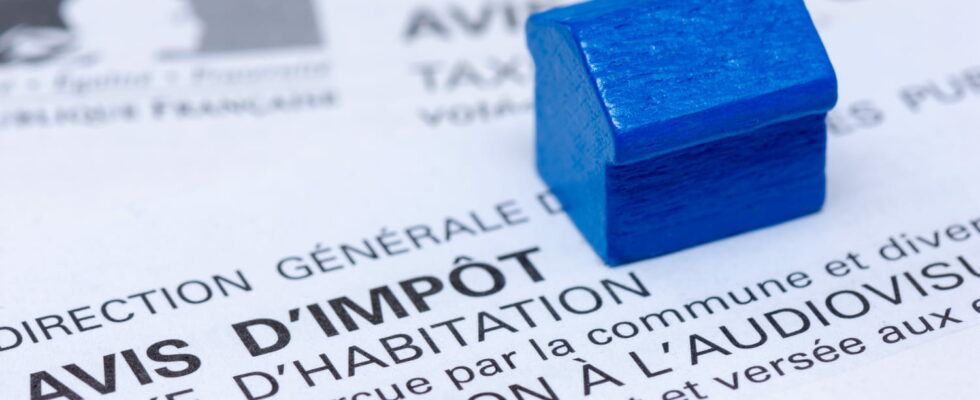Abolished by the Government in 2023, this important contribution could well make a return in the coming months, in a different form. And the majority of households should pay it.
The removal of the famous “TV license fee” was a relief for many French people. Paid with housing tax and recently set at 138 euros, the “contribution to public broadcasting” – that’s its official name! – has long been perceived as a financial burden for most households. But current parliamentary discussions could well see it revived in a new form from 2025. Renamed “progressive contribution to the financing of public broadcasting”, this modified version would concern around 80% of households.
Before its abolition in 2023, the TV license fee made it possible to finance public audiovisual services such as France Télévisions, Arte, Radio France or the INA. Its removal left a “hole” of some 3.7 billion euros in public finances. Since then, part of the VAT has filled this gap, but this temporary financing system must end in 2024. MEPs are therefore looking for a more lasting solution, and some are proposing to reinstate this participation in a fairer form, in depending on household income.
Supported by the environmental group, the bill in fact proposes a progressive scale. Unlike the old system where each household paid an identical amount, the new contribution would be calculated according to the financial capacities of the households. Thus, the most modest households, whose reference tax income is less than 17,820 euros, would be completely exempt. For others, the fee could vary up to 220 euros. This system aims to be more equitable, by asking more from the wealthiest households.
If this proposal were to be adopted, it would concern nearly 80% of households, or a majority of French people, according to INSEE data. In fact, only households whose income is below the threshold would pay nothing. The idea is to guarantee sustainable funding for public broadcasting, while taking into account everyone’s economic capacities.
As you can imagine, the possible return of the fee is not unanimous in the ranks of the Assembly. Some MPs are firmly opposed to it, some preferring to maintain funding through VAT, others proposing to privatize part of public broadcasting to end dependence on this public funding. These different positions show that the debate remains lively.
Whatever the outcome of the debates, it is clear that the financing of public broadcasting must be rethought, especially between advertising, smartphones, tablets, computers, social networks and streaming platforms , viewer behavior and video offerings have changed profoundly in recent years, relying on new devices and other business models.
